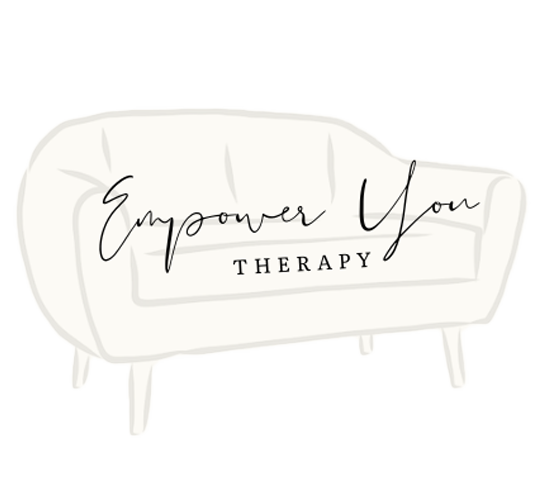Understanding Your Body’s Response During Conflict and How to Regulate It
Conflict with a spouse is a normal part of any relationship, but have you ever noticed how your body responds during these heated moments? For many, conflicts can trigger physical reactions that amplify emotional distress, making it challenging to resolve issues constructively. Whether it’s a tightness in your chest, a racing heart, or even a sense of paralysis where you struggle to articulate your thoughts, these bodily responses can significantly impact the quality of your communication. Let’s dive into what these experiences might feel like and explore how you can regulate your body’s response to make conflicts more manageable and effective, all while highlighting the role of marriage counseling in Draper, Utah or general couples therapy Utah.
The Experience of Conflict
When conflicts arise, it’s common for both partners to feel heightened emotions. You may notice the initial rush of adrenaline as your body perceives the argument as a threat. This might manifest as increased heart rate, shallow breathing, and muscle tension. In these moments, your brain shifts into survival mode, which can lead to “fight or flight” responses. This means you may respond defensively, shut down, or struggle to listen and empathize with your partner. The emotional fog that accompanies this heightened state can leave you feeling frustrated, misunderstood, and disconnected from the person you love most.
The sensation of conflict can often leave a lasting feeling of unease within your body—something like a lingering tension that’s hard to shake off even after the argument has passed. You might blame yourself for not being able to handle the situation differently, leading to an ongoing cycle of guilt or resentment. Recognizing these responses and understanding that they are natural reactions can be the first step toward better emotional regulation and healthier interactions.
Regulating Your Body’s Response
So, how can you begin to regulate your body’s response during conflict to make conversations go more smoothly? One effective approach involves grounding techniques that bring you back into the present moment. When you feel your body ramping up during a disagreement, pause for a moment to take several deep breaths. Inhale slowly through your nose, hold for a few seconds, and exhale through your mouth. This simple practice signals to your nervous system that it’s okay to calm down, helping to reduce feelings of panic and anxiety.
You might also find it helpful to identify physical sensations in your body during conflict. By paying attention to areas that feel tense or uncomfortable, you can become more aware of your triggers. Once you recognize these sensations, gently remind yourself that these are signs of stress—and it’s okay to feel this way. Consider using visualization techniques where you imagine the tension melting away or picture a calm, safe place that brings you peace.
Another effective strategy involves using “time-outs” during heated discussions. If you notice that emotions are escalating, agree with your partner to take a brief break to cool down and gather your thoughts. This pause allows both of you to return to the conversation with clearer minds and more open hearts.
The Role of Marriage Counseling Draper Utah or General Couples Therapy Utah
While self-regulation techniques are incredibly beneficial, engaging in marriage counseling in Draper, Utah or general couples therapy in Utah, can further aid in addressing how your body responds during conflicts. A trained therapist can help you and your partner identify underlying patterns that influence your reactions and provide tools tailored to your unique relationship dynamics. Through counseling, you can learn about effective communication styles and how to safely navigate conflict in a way that promotes understanding and connection.
Our therapists often incorporate methods such as Emotionally Focused Therapy (EFT), somatic therapy techniques, or mindfulness strategies to help partners recognize their emotional triggers and physiological responses during conflict. This guidance allows for deeper insight into each other’s experiences and fosters empathy, enabling you to support one another better when conflicts arise.
Final Thoughts
Understanding your body’s response during conflict provides a valuable opportunity for growth and healing. By practicing self-regulation techniques and seeking support through marriage counseling in Draper, Utah or general couples therapy Utah, you can transform the way you experience disagreements and deepen the emotional bond with your partner. Remember, it’s okay to feel what you feel, but with the right strategies and support, you can navigate conflicts in a healthier, more meaningful way. Embrace the journey toward connection and understanding—you deserve a loving and fulfilling relationship!
Check out our trained couples therapists at Empower You Therapy by clicking here. Set up a consultation call to see if our therapists are right for you by clicking here.
Written by Natalie Stringham, LCSW




